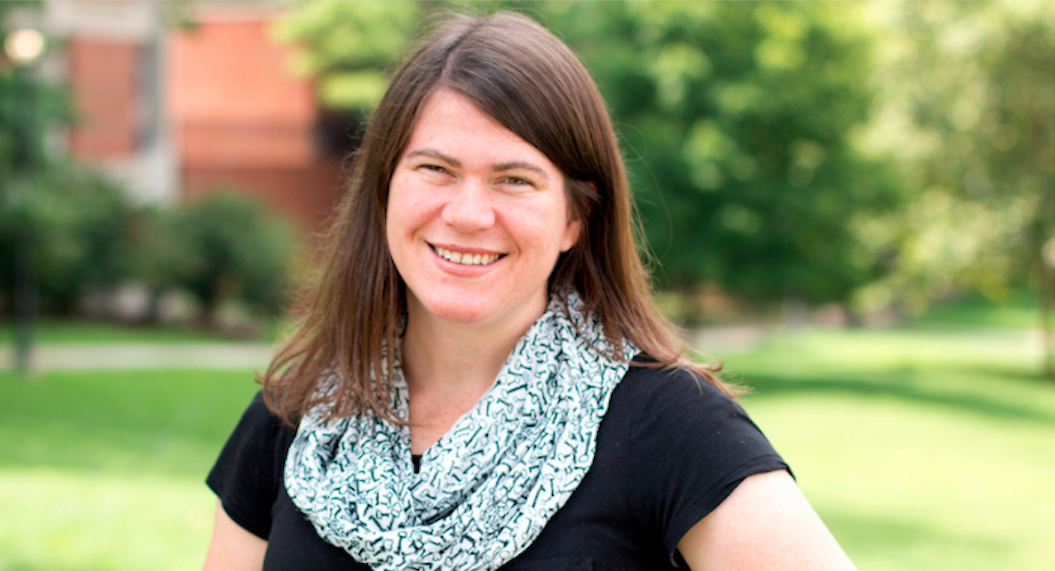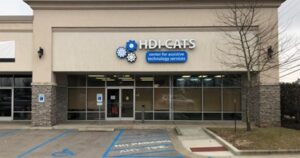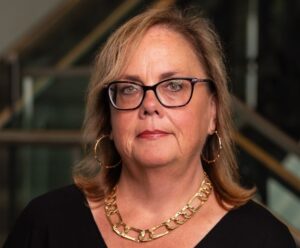What I love most about HDI is the culture cultivated by Dr. Harold Kleinert and nourished by so many other great leaders here—to be kind and nurture partnerships while also taking a stand and sometimes taking risks to make sure we are addressing the most pressing needs for people with disabilities and their families. I will forever be grateful to Harold and HDI for taking a risk and being willing to support our prenatal project and give it a home because it was the right thing to do … even when we had almost no funding. That kind of vision and commitment to helping families is rare and wonderful in an organization as expansive as HDI. —Stephanie Meredith, Information Services Director, KentuckyWorks Staff, and Program Director HDI National Center for Prenatal and Postnatal Resources
How did you come to know HDI?
I learned about HDI from Harold Kleinert at a CDC meeting on setting the research agenda for people with Down syndrome in Atlanta in 2007 where we both sat in the back of the room and commiserated over our shared concern for people learning about a prenatal diagnosis of Down syndrome and whether they were getting good information.
How long have you been at HDI and what is your role?
I started as the Lettercase Program/Medical Outreach Director at HDI in 2012, and then I started working as the Information Services Director in 2015, and I was added to the KentuckyWorks employment grant in 2017.
During your time at HDI, of which accomplishments are you most proud?
I am most proud that we were able to create a comprehensive national center for prenatal and postnatal resources on a profoundly modest budget—built on sheer grit, determination, and passion. I am also incredibly proud that we’ve been able to extend to other conditions in multiple languages, and we’ve been able to build strong partnerships with the medical community in both creating and disseminating materials. I am also very proud of the expansion of digital communications at HDI as the Information Services Director, and I have so happy to be involved on the other side of the spectrum in working on the employment project. Fundamentally, our aim is to shift the paradigm about how the public perceives disabilities in areas ranging from medical diagnosis to employment opportunities and education.
Looking back, can you please share with us a fun or fond moment you had at HDI?
I have so many that it’s hard to pick, but I think it’s particularly funny that I work for HDI from my home in Atlanta. I believe I worked for 2 or 3 years before ever visiting the campus in person for the first time at Harold’s retirement party. I love that my coworkers and colleagues are such amazing people that they invite me into their homes when I come to stay, and I can brag that I have commuted from the farthest distance by driving from home to Lexington and back in one day!
Do you have any advice you would like to share with current and future staff and students at HDI?
Build meaningful partnerships so that your projects and research can truly benefit individuals and families where the rubber hits the road. Dr. Ferrante from USC in Columbia one told me that our ultimate goal should be to work ourselves out of a job.
What do you think the future holds for HDI?
I think HDI will increasingly be seen as a national leader that spearheads projects to change the world for the better.



